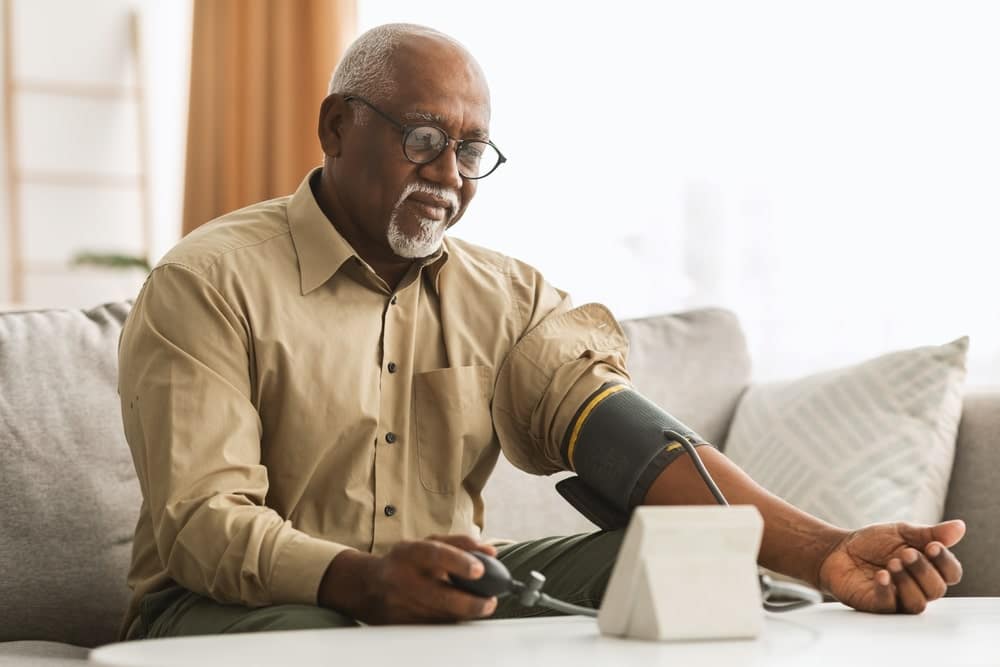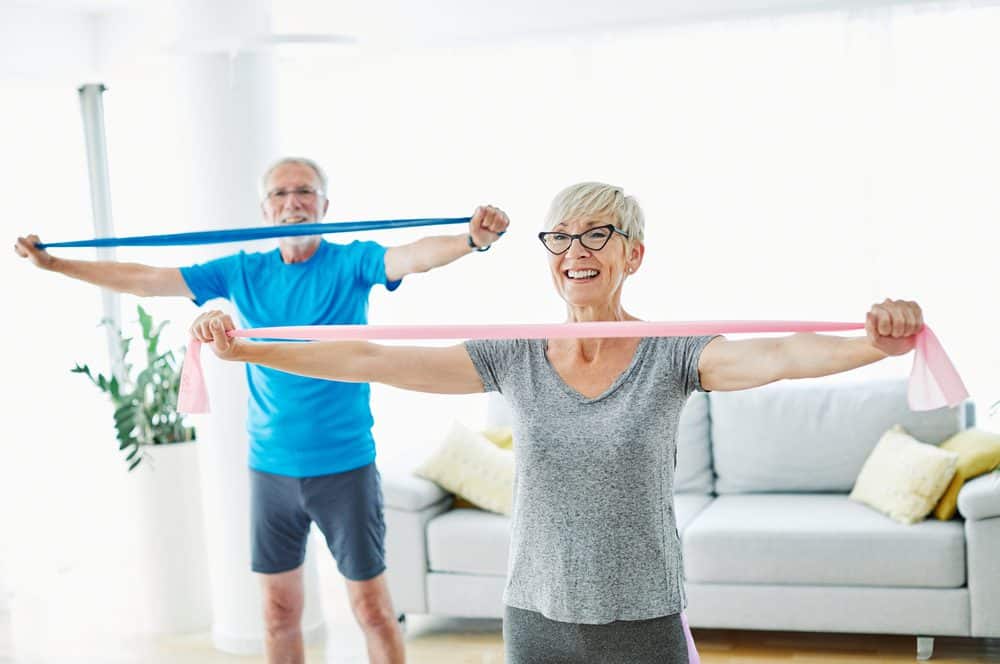Isn’t it what we all want? To live happily ever after in the golden years, to enjoy serene days under the sun, with our loved ones by our side? For those of you who are lucky enough to get that, I bet there’s one thing on your mind: how can I have this for as long as possible?
Because while we have all this time on our hands, retirement also forces us to be more mindful of our health. And yes, I believe we can have the retirement of our dreams and stay in good health, as long as we are being responsible with our bodies. Here’s how to stay healthy in retirement!

Table of Contents
ToggleFind a new purpose
When you finally retire, you don’t just leave the job. You basically enter a brand new stage in your life. If you are lucky enough to do something you find quite meaningful, you will be much happier and healthier.
So why don’t you volunteer at a hospital or a library? You can take part in projects at your house of worship. Also, you can tutor children who need help in school. You can also care for animals in a shelter. Or, maybe, you would like to help assemble gift boxes for soldiers overseas. Whatever it is, long-term, this could help both your mind and body, so give it a try.
The right surroundings
Where you live can definitely help set you up for good health. For example, if you want clean air, you definitely have a variety of choices to consider, like Melbourne, Florida, Elmira, New York, Pueblo, Colorado, or Salinas, California.
You can go outside and exercise for as long as you like amid the mountains of Boulder, Co, the seacoast of Portland, ME, or even the sunshine of Tucson, AZ. Also, if you’re looking for the best medical care out there, it can be quite efficient (even recommended) to live near Cleveland, Boston, Baltimore, Houston, New York City, or even Rochester.
Consider getting a best friend
A dog will give you unconditional love and so much more than that. Only 15 minutes with Fido can easily lower your blood pressure, heart rate, and stress level. Over time, a faithful companion can also help cut your cholesterol, fight depression, and keep you as active as possible. Having a cat could help lower your blood pressure, but also your stress level.
Prioritize healthy food
You are way more likely to have issues linked to nutrition, such as weight loss or a lack of certain vitamins, the more you advance in age. That’s why a balanced diet full of protein, fat, and carbs is honestly more important than anything else.
You can cut down on packaged foods because they pack a lot of salt, which might raise your blood pressure. Another good option is to eat like people in Greece and its region: prioritize a diet rich in fruits, veggies, whole grains, and olive oil.
Get out of the house
An active lifestyle might help you stay happier, live longer, and of course, lower your chances of developing health issues, like dementia. Play cards with your friends. Travel with a group of seniors. Try to reconnect with friends from high school or college, and if you have any hobbies that you’re very passionate about, whether it’s reading, knitting, or even gardening, join a club that focuses on it.
Keep tabs on your health
Constant medical checkups are definitely a must. Your doctor might help you guard against a heart attack or even a stroke by watching your blood pressure and cholesterol. On the same note, timely shots will help protect you from the flu and other illnesses.
If you are a woman, you probably need tests for breast and cervical cancers. But if you are a man, your doctor might help you decide about a prostate cancer test.

Exercise for fun and fitness
Being active will definitely give your health a boost, but it will also help you stay independent as you age. You can pick something you enjoy to make sure you enjoy it. Aerobic exercise, such as walking, swimming, or dancing could potentially offer you more energy and help keep your mind sharp as well.
Exercises with weights or bands can build your strength. Yoga also keeps you flexible. If the exercise set is brand new to you, ease into it, and check with your doctor first.
Behind the wheel
As time goes on, you might notice changes in your eyesight, physical fitness, and reflexes can deeply affect how good of a driver you are. Your safety depends on keeping track. Can you even spot the road signs clearly? Are you limber enough to turn around and check the traffic behind your car?
Also, you need to see if traffic confuses you. Your doctor could be able to help with these issues. And groups like AARP and AAA offer various classes to help you measure and beef up your skills.
Bone health
If you are a woman, then your bones will definitely need a boost. The changes in your hormones after going through menopause might make them more brittle, a condition also known as osteoporosis.
In order to fight that, you need to make sure your diet gives you enough calcium, which is the bones’ key building block. Good sources of calcium include broccoli, spinach, and low-fat or even nonfat milk and yogurt.
When you reach 65 years, you should have your doctor check your bones with a DEXA test or a low-dose X-ray. Osteoporosis can also be an issue for men, but there aren’t any formal screening guidelines.
Stimulate your mind
Your brain needs constant exercise, just like your body. So we’d advise you to catch up on your reading, play a musical instrument, or even pick up an old hobby. You can also take a class in a subject you are curious about, such as cooking or computers.
Using your creativity, experiment with new hobbies like painting and gardening, that could help your brain stay healthy for longer. For instance, an acting course could boost your memory and your problem-solving skills.
Get your 40 winks
It might get harder for you to sleep through the night as you get older. You could need to pee or shift in bed to ease your joint pain. However, you can take steps that might help. For example, we’d advise you to stop drinking liquids 2 hours before bed.
Also, stop drinking coffee within 8 hours of bedtime. Make your bedroom as dark as you can. During the day, limit your naps in between 10 to 20 minutes. To help with aches, ask your doctor if you can take a painkiller when you turn in.
Safety around the house
Household accidents become more dangerous as you advance in age. You can get nonslip mats for your bathroom floor and tub. Then, fix the frayed rugs and carpets. Make sure there’s plenty of light, and fasten down your loose cords. If your home has stairs, try to put handrails on both sides and then some anti-skid strips on the steps.
If you found this article useful, we also recommend checking: You May Have a Sun Allergy Without Knowing – Here Are the Signs





